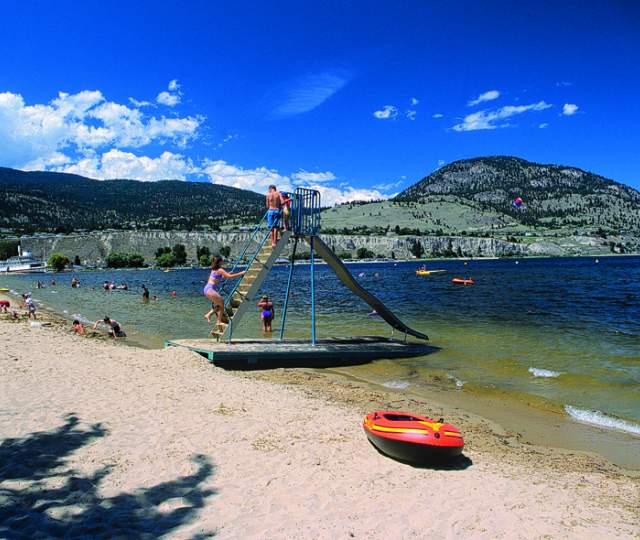Beach monitoring
The beach is a great place for people to relax and enjoy some outdoor activities. However, swimming in these natural bodies of water may not be risk-free. Water conditions and quality can change quickly due to a number of environmental factors, and contaminated waters can increase the swimmer’s risk of infection, illness or injury.
Beach owners/operators are responsible for monitoring beaches throughout the swimming season to ensure they meet the Canadian Recreational Water Quality Guidelines.
It is recommended that beach owners have a beach safety plan in place to identify monitoring parameters, and to respond quickly to changes in water quality and conditions, including posting advisories.
Learn more about creating a beach safety plan
Monitoring water quality includes testing for the presence of E. coli, a bacteria found in the feces of warm-blooded animals (including humans), which can indicate the presence of illness-causing pathogens.
If a sample exceeds the Beach Action Value of ≥ 235 E. coli/100 mL in a single sample (as set out in the Canadian Recreational Water Quality Guidelines), follow-up actions may be needed. Depending on how high the levels are and other environmental factors, this could include resampling or posting public advisory signage.
Note: Beach water quality is always changing, and sample results do not reflect real time water quality. If a beach is not listed in the search that means the beach is not routinely sampled.














